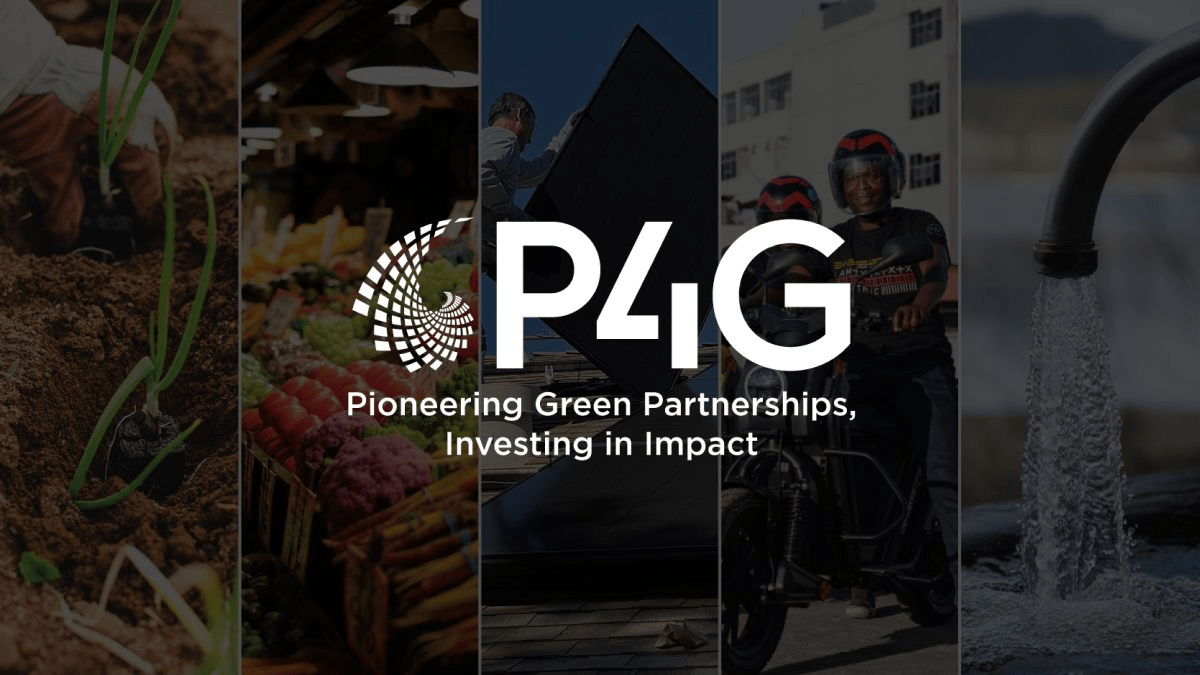Business Model Innovation as a Foundation for Global Startup Expansion
In today’s volatile, fast-evolving global economy, business model innovation is no longer a differentiator — it is a survival strategy. As startups increasingly seek access to international markets, they encounter new demands that go beyond technology or product superiority. What often determines success or failure is a startup’s ability to redesign how it creates, delivers, and captures value across regulatory, cultural, and economic boundaries.
The concept of business model innovation has been widely adopted in both academic and practical domains. Strategyzer’s Alexander Osterwalder, author of the Business Model Canvas framework, emphasizes that business models must evolve continuously to match shifts in the ecosystem. According to Harvard Business Review, 9 out of 10 successful global startups today owe their scale-up not to product innovation but to novel business models that respond better to unmet or emerging market needs.
Take the example of Zipline, a logistics startup originally delivering blood via drones in Rwanda. As it scaled globally, Zipline redefined its business model from healthcare logistics to just-in-time delivery infrastructure, serving e-commerce and pharmaceuticals in Ghana and the U.S. This pivot not only unlocked diversified revenue but allowed them to navigate drastically different regulatory and service environments — a classic case of innovation through re-architecture of business logic.
Vietnamese startups are also beginning to leverage this approach. For instance, several agri-tech and health-tech ventures participating in Techfest have refined their revenue models to balance affordability with data-driven services, allowing them to enter markets like Indonesia and India, where unit economics and platform trust differ considerably from Vietnam.
One of the most effective enablers of business model transformation is Impact-driven startup support, which provides startups with a blend of strategic mentorship, regulatory insight, and funding access structured around long-term sustainability and cross-border scalability. Such support enables founders to not only build viable companies but also align their operations with global development goals and local market realities.
The Globalization Challenge: Beyond Market Entry
Expanding a startup beyond its domestic borders is no longer a linear path—it’s a multidimensional transformation. While the opportunities in global markets are immense, the complexity of going international has also increased exponentially. Founders must simultaneously navigate regulatory heterogeneity, competitive saturation, operational friction, and consumer unfamiliarity.
International expansion is not simply about translating your website or exporting your product. It involves a recalibration of the entire business architecture—pricing, partnerships, compliance, logistics, and even culture. According to McKinsey & Company, over 70% of startups that fail during internationalization cite poor localization and inadequate regulatory preparation as key factors.
Startups moving into new markets often over-rely on the “copy-paste” strategy, assuming that what works at home will work abroad. But as seen in the case of Uber’s exit from China or Walmart’s retreat from Germany, even the most capitalized firms can falter without a deep understanding of local market dynamics and ecosystem alignment.
Take the case of Indonesian edtech company Ruangguru. Initially targeting the K-12 market with a content subscription model, Ruangguru adapted its business model when expanding to Vietnam and Thailand, integrating teacher marketplaces and free government-backed programs to align with local expectations. Their approach combined adaptive revenue strategies with public sector engagement—something not present in their original model.
Similarly, Vietnamese startups in e-commerce and fintech that attempted to enter markets like the Philippines or Myanmar have had to restructure not only their product offerings, but also their go-to-market strategies. Factors such as mobile data cost, digital literacy, and platform trust differ vastly, requiring startups to innovate their engagement and monetization methods.
Crucially, successful internationalization requires startups to view globalization not as an event, but as a capability—built progressively, informed by data, shaped by feedback loops, and supported by cross-border partnerships. This is where business model innovation becomes not just a tool, but a necessity.
In this context, startups that integrate impact considerations and stakeholder-centricity into their models are more likely to form long-term alliances with local institutions, regulators, and communities—turning foreign markets into co-builders rather than mere customers.
Four Drivers of Business Model Innovation for International Startups
Structured Acceleration for Cross-Market Adaptation
For startups seeking to expand internationally, acceleration programs play a pivotal role in rethinking and adapting business models to new market dynamics. Structured startup accelerator programs offer more than just pitch training—they provide access to international mentors, regulatory insight, and early market testing.
One concrete example is Vietnamese healthtech startup Med247, which participated in SK Startup Fellowship 2021. Through the program, Med247 refined its hybrid clinic model and expanded its focus toward regional scalability. The startup received strategic mentoring on go-to-market approaches in Southeast Asia and subsequently closed a funding round led by regional investors, as reported by Vietnam Investment Review (VIR).
Such programs compress learning cycles and connect startups with global networks, enabling them to test and adapt business models efficiently. In markets with complex customer behavior and legal frameworks, accelerator-backed startups often outperform peers by localizing faster and aligning with cross-border investment standards.
Regulatory Fluency Built into the Model
When startups scale across borders, regulatory complexity becomes one of the most significant friction points. Successful internationalization demands more than just legal compliance—it requires embedding regulatory understanding into the business model from the outset. Access to legal advisory services helps founders anticipate challenges related to licensing, data privacy, labor laws, and tax obligations.
A case in point is Vietnamese fintech startup Finhay, which in 2022 became the first company to obtain a license to operate a fund management unit through acquisition. According to Tech in Asia, Finhay’s model innovation came not from product features but from navigating Vietnam’s evolving regulatory framework, enabling it to expand vertically into licensed investment products.
This legal agility has given Finhay a strategic advantage in investor trust and market access. For startups operating in regulated sectors—finance, healthtech, education—early integration of legal strategy into the business model isn’t optional; it’s foundational to scaling in international markets.
Institutionalized Impact Through Incubation
Business Incubation programs serve as structured environments for startups to validate, refine, and redesign their business models before scaling internationally. These programs not only offer workspace and mentorship but also help startups embed long-term impact logic into their operations. Well-run incubators act as strategic buffers—allowing startups to iterate business assumptions in controlled, low-risk environments.
One notable example is Beeketing, a Vietnamese startup specializing in e-commerce marketing automation. During its early phase, Beeketing joined the Vietnam Silicon Valley (VSV) initiative—an incubation program supported by the Ministry of Science and Technology. The program provided Beeketing with early-stage support, enabling it to test pricing models and user acquisition strategies before reaching U.S. and international Shopify merchants. The company was later featured in TechCrunch for its traction outside Vietnam.
Such incubation support helps startups evolve from “product-focused” to “model-resilient,” preparing them for scale and capital efficiency in international settings. Programs like Business Incubation are especially critical in emerging markets, where ecosystem maturity varies widely across borders.
Cross-Border Mentorship as a Strategic Lever
Mentorship is one of the most underestimated yet powerful levers in international scaling. While funding fuels growth, it is mentorship—especially from cross-border peers and industry veterans—that shapes strategic judgment, cultural intelligence, and go-to-market adaptability. High-quality international startup mentorship programs offer startups a mirror into unfamiliar markets, helping them validate assumptions and avoid costly missteps.
A verified example is Vietnamese edtech startup MindX, which joined the Google for Startups Accelerator: Southeast Asia in 2022. Through the program, MindX received mentorship from international experts on scaling its tech education model beyond Vietnam. As reported by VnExpress, the mentorship played a key role in MindX’s strategy to expand into regional markets with adapted pricing and curriculum localization.
Effective mentorship does more than offer advice—it shortens decision-making cycles and builds founder resilience. For startups tackling foreign markets, mentors can serve as cultural translators, regulatory guides, and sometimes even first customers. In this way, international mentorship becomes part of the startup’s extended strategic infrastructure.
Toward a New Global Standard: Impact-Driven Models
As global challenges intensify—from climate change to digital inequality—business model innovation is increasingly evaluated not only by profitability, but also by societal contribution and resilience. Startups that align their models with environmental, social, and governance (ESG) goals are better positioned to enter new markets with both commercial viability and institutional credibility.
One example is Buyo Bioplastics, a Vietnamese startup developing bioplastic materials from organic waste. As reported by VnExpress, Buyo’s model addresses both environmental sustainability and industrial supply chain gaps. Its ability to meet global environmental standards has helped it attract interest from international buyers, including a pilot collaboration with Budweiser.
Similarly, startups that adopt impact-oriented models often gain early access to multilateral support frameworks such as the European Innovation Council (EIC) or UNDP accelerator programs, which prioritize ventures addressing global development goals.
The path to global expansion is no longer just about scaling fast—it’s about scaling with purpose. As impact becomes a standard expectation, not a niche differentiator, startups with built-in societal value will define the next wave of international business success.




